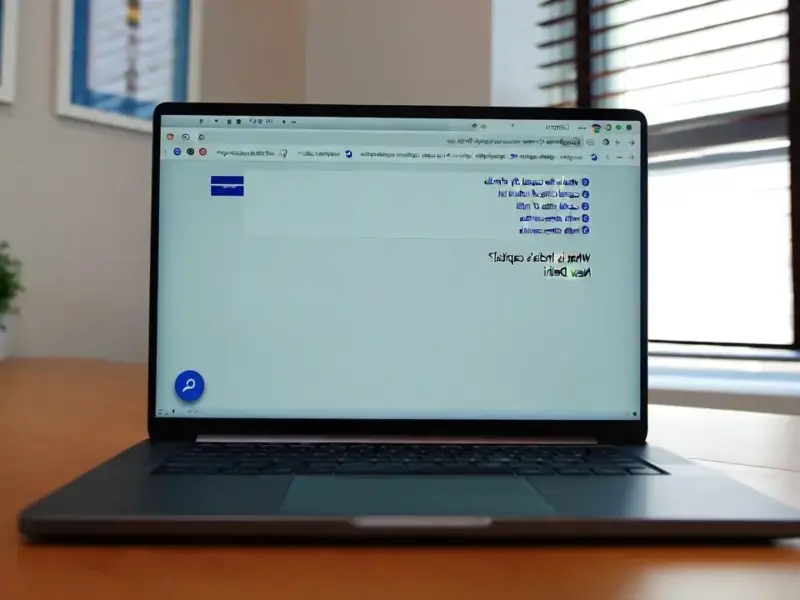According to engadget, the Department of Justice has announced a proposed settlement with RealPage over last year’s antitrust lawsuit accusing the Texas-based software company of manipulating rental housing markets. RealPage’s software manages over 24 million rental units globally and was accused of collecting “nonpublic, competitively sensitive information” from landlords to train its YieldStar algorithm. Under the settlement terms, RealPage would pay no damages and admit no wrongdoing, but must only use landlord data that’s 12 months or older in its algorithms. The company must also “remove or redesign” features that discourage price reductions or prompt matching competitors’ prices. Assistant Attorney General Abigail Slater stated the DoJ will remain “at the forefront of vigorous antitrust enforcement” regarding algorithmic pricing tools. The settlement still requires court approval to take effect.
What the settlement actually changes
Here’s the thing about this settlement – it’s more about setting boundaries than delivering punishment. RealPage gets to keep operating its core business, but with some significant handcuffs. The 12-month data rule means their algorithms can’t react to real-time market shifts, which was apparently part of the problem. And banning “hyperlocalized pricing” that works “block-by-block” addresses what critics called digital redlining. But let’s be real – this is basically the government saying “you can still use algorithms, just don’t let landlords coordinate through them.” The question is whether these restrictions will actually prevent the kind of behavior that allegedly drove up rents across the country.
The bigger algorithmic pricing problem
This case isn’t just about RealPage – it’s about every industry where algorithms might be quietly coordinating prices. Think about it: when multiple competitors use the same software that’s trained on their collective data, are they really making independent decisions? The DoJ’s statement makes clear they’re watching this space closely. As Propmodo noted, this outcome looks “much closer to a reset than a punishment.” Basically, the government is drawing lines in the sand for how far algorithmic pricing can go before it crosses into collusion territory. And with AI tools becoming more sophisticated, this is probably just the opening salvo in a much longer battle.
What happens now?
So where does this leave landlords and renters? For property managers using RealPage software, they’ll likely see less aggressive pricing recommendations and potentially more independent decision-making. But let’s not kid ourselves – algorithms will still shape rental markets. They’ll just operate within these new guardrails. The Justice Department’s settlement establishes important precedents, but the real test will be whether these rules actually make housing more affordable. Given that RealPage avoided fines and admissions of wrongdoing, some critics will probably see this as too lenient. But the government seems to be betting that setting clear rules now will prevent bigger problems later as AI continues to evolve.




